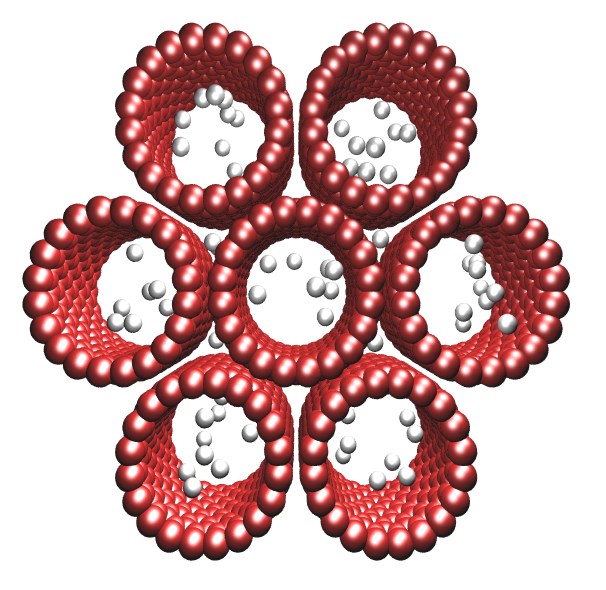Advances in Hydrogen Storage Technology

Hydrogen is the single most important and prominent fuel of our times; its combustion produces just energy and water, without contributing to global pollution. Hydrogen has a high gravimetric energetic content and the single obstacle for its use in every on board application is related to its efficient storage.
Hydrogen, in contrast to fossil fuels is abundant. Different methodologies have been investigated in the last two decades for the storage of hydrogen, resulting to great achievements. This seminar is targeted at presenting all technological advances, current status and future prospects in the hydrogen storage field. Engineers, petrochemical companies and potential investors are the target group of this course.
Objectives:
By the end of the course, participants should have:
- An overview of the advances of the last two decades in hydrogen storage literature
- A complete understanding of the importance of hydrogen storage in the hydrogen on board applications
- A complete understanding of the major methodologies/ approaches used for the efficient hydrogen storage for on board applications
- A complete overview of all materials used for hydrogen storage
- In depth understanding of hydrogen adsorption in various media for on board application
- An overview of all recent advances both in hydrogen storage and alternative utilization of hydrogen that does not require on board storage [NEW]
- Investing opportunities
- An overview of computational models used for optimization of storage materials and processes
Contents:
- Hydrogen combustion process
- Clean combustion
- Stationary and on board applications
- Hydrogen storage requirements
- Hydrogen storage technologies
- Literature review
- Hydrogen adsorption in conventional and novel adsorbents
- Adsorption enthalpies, quantities, kinetics and thermodynamics
- Adsorbent structures [Metal Organic Frameworks, Activated Carbons, Silicas, Zeolites, Microporous Polymers]
- Adsorbent 3D models
- Current status
- Advances and breakthroughs
- Newest utilization technologies without hydrogen storage requirements
- Computational Chemistry help
- Summary, Conclusions and analysis of near future achievements
Who should attend?
- Chemists, Chemical Engineers, Mechanical Engineers, Environmental Chemists
- Petrochemical companies
- Investors in new technologies
This seminar is delivered in-house and in different venues around the world. This seminar can be a CPD certified seminar [20 hours] or not, depending on clients' requirements.
